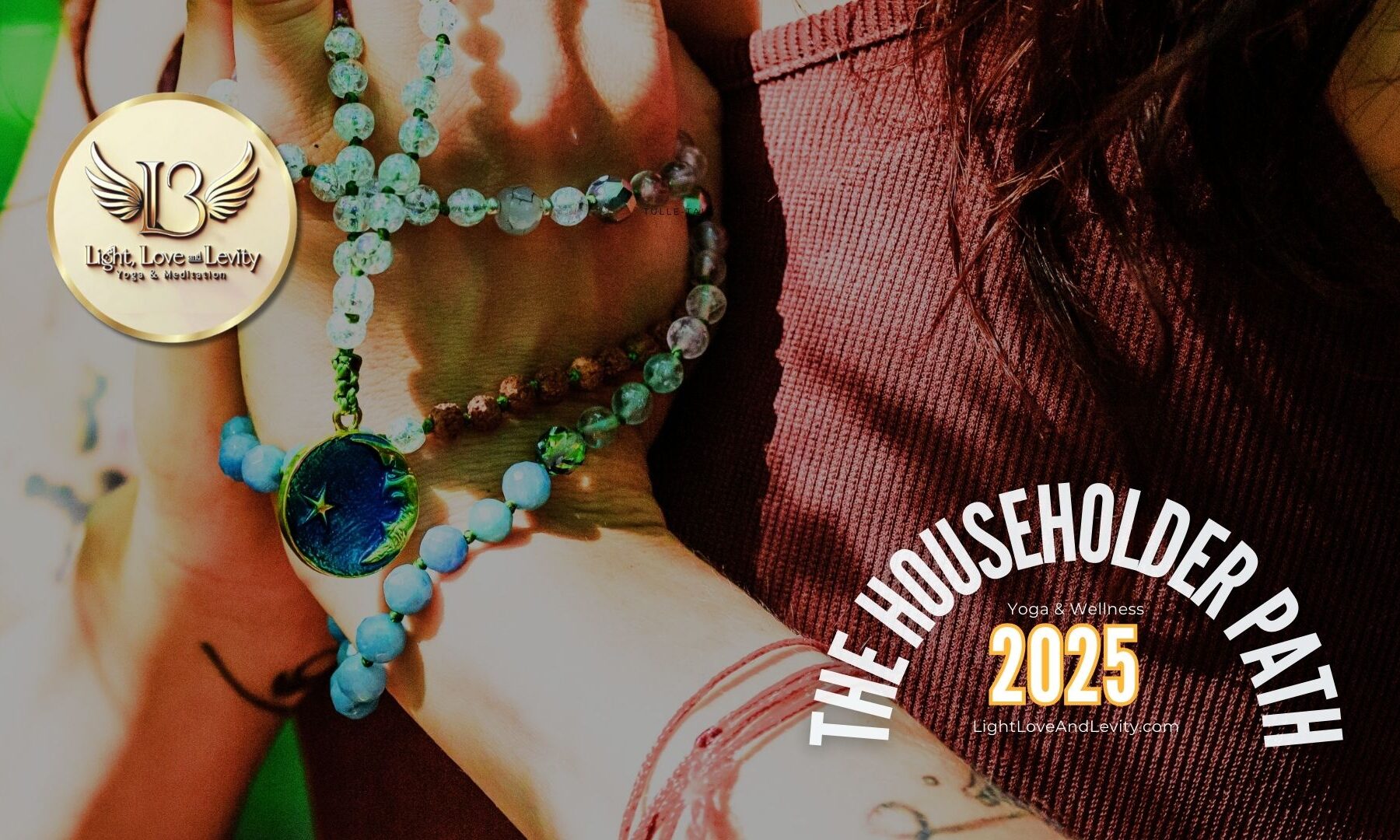Loving yourself ‘warts and all’ is critical to radical self-acceptance. Usually, the biggest thing standing between us and this seemingly mystical state of being is judgment. Yucky, I know. The thing is, in order to create space for radical self-acceptance, we first need to dismantle our judgmental conditioning. Next, we have to understand that judgment, in and of itself, isn’t ‘bad’. As children, it is efficient in allowing us to survive while we’re learning about the world and our orientation to it. The brain uses judgment as a quick means of interpretive filtering for incoming stimuli. Stimuli = EVERYTHING that we see, hear, smell, think, and encounter every single day.
Empathy Yields Positive Appraisal
By grouping things into categories (in this case, the simplistic good/bad), we’re able to take in a TON of stimuli and effectively react to it in a safe & efficient way. For an easy example, HOT means ‘bad’ = don’t touch it. Food smells good; eat it. Fear is Bad; run. The bed is warm, soft, & good; sleep there. As we mature and gain more cognitive abilities (advanced reasoning, hypothetical thought, empathy, etc), the brain pulls more context into the simplistic judgment process. Suddenly, experience, exposure, opinions, culture, and all sorts of lifestyle and religious ideologies start to impact how we sort what we encounter.
Self-Acceptance
As toddlers, we first develop the self-awareness that there is a cause and effect relationship between us and the world. With age, we grow, evolve, ad change but how often are we reminded that our operating systems need to be updated? If we want to evolve mindfully, we have to make sure that our thoughts and emotions are on board with that too. Just because a particular belief or strategy has worked advantageously for us in the past, doesn’t mean that it’s going to serve us well forever. In mindfully remaining pliable, we update our outlook and remain primed for new levels of life experience.
Maturing Judgement
There is a difference between Judgment & Self-criticism Judgment and Discernment.
Judgment – Appraisal of stimuli used to reach sensical conclusions that correlate to our perception of common sense.
Self-criticism – A value-based judgment of one’s own traits and abilities (that are often accusatory, harsh or weighted by feelings of shame or guilt).
Discernment – The ability to make refined decisions that are in line with our current values and social, cultural, and spiritual understandings.
Self-acceptance – One’s ability to welcome and embrace one’s own state of being with positive regard based of currently existing traits and abilities.
In Other Words
Self-acceptance is born of our own profound approval, and recognition of self at any current time. THIS is how we cooperate with ourselves as an ally, instead of a foe. After all, if you’re not going to choose to be on your own team, who’s going to be standing in that line? ***If you need a little extra motivation to give yourself permission to approve of you “as is”, consider this: There is a phenomenon called The Pratfall Effect, which proves that your likability increases when you aren’t perfect. Yep. Let that sink in a sec: other people actually perceive your imperfections as making you more likable. So, can’t you learn to accept them and love & like yourself more too?! After that, how about considering this:
Meditation:
I release any need to judge others or myself. Radical Self-Acceptance sets me free.
I am free of the need to judge other people. I have my own life to occupy and I allow others to live a life free of my opinions. Everyone is free to make their own choices.
I know that like me in the eyes of others, others have issues that I am unaware of, so I give them the benefit of the doubt while still protecting myself. I am both trusting and self-protected in an intelligent and wise way. First, I support and encourage myself, then give to others freely of my excess.
Now, I set myself free from self-judgment. Perfection is an illusion. I motivate myself by striving for growth but am fully satisfied with less than perfection.
My results as stepping-stones to move forward.
I welcome less than perfect results because that is how I learn. As people, we are not meant to hold ourselves to the standard of perfection, but to instead be exactly who I am, as I am. Mistakes can be great, for with them, I learn, grow, and can model to others how to do so too.
When I choose to stay in a mode of self-judgment and criticism, I choose to keep creating challenges that making my life more difficult.
Next, I choose to treat myself with loving-kindness, I make the intentional choice to grow from a solid foundation of self-love and understanding.
I am a good and capable person and accept that I can do amazing things. In this, I release any need to judge myself, in favor of self-love.
I choose to place my mindset in a positive light that is free of self-judgment.
Today, I am at least as accepting of self as I am of others. I can observe and appreciate the flaws I see in others and in myself. They are only indicators of life’s current by temporary expression.
Above all, I use my mistakes as a learning tool and apply that learning to better my life. In this, I release any need to judge others and myself. Radical self-acceptance is easy, and it starts with me.
Self-Reflection Questions:
At the end of the day, you’re gorgeous imperfection on a magical, transitional journey friend. Moreover, we have to remember that self-love is an important part of self-care. Cut yourself some slack; explore and embrace yourself with curiosity. Judgment not required. Be kind to you.
- What do I lose by judging myself?
- What would I gain by not judging others or myself?
- How can I be less judgemental?
Be Well.

